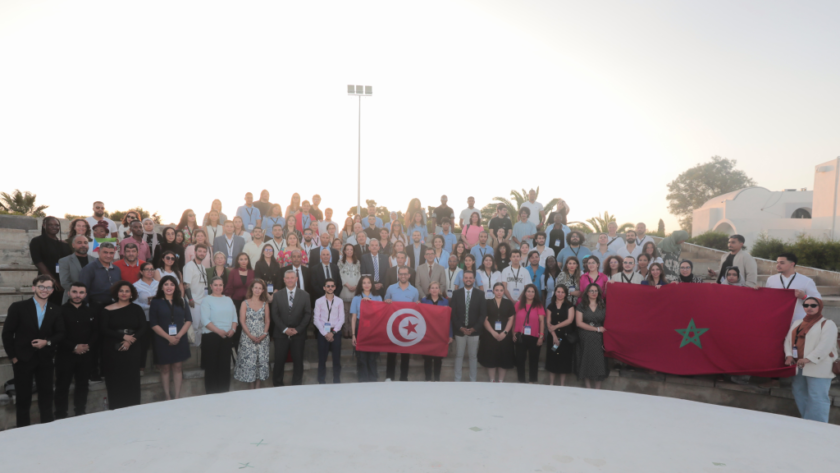The Tunisian government, in partnership with the African Development Bank (AfDB) Group launched a $24 million flagship initiative to restore degraded forest landscapes and increase rural ecosystem resilience, AfDB reports.
The Project for Agroforestry and Restoration of Degraded Forest Landscapes (PARFD) was officially launched in Tunis on April 23. The project, estimated at $23.72 million (over 73 million Tunisian dinars), is being financed by the African Development Bank through the Strategic Climate Fund of the Climate Investment Funds, which is contributing $17 million. The government of Tunisia is providing $6.06 million, while the project beneficiaries are contributing $660,000, according to the same source.
The initiative is in line with Tunisia’s national development priorities, including the 2030 Sustainable Development Strategy and the country’s commitment to reduce carbon intensity by 45% by 2030. It is expected to create nearly 4,500 green jobs in the governorates of Béja, Siliana and Bizerte.
“This project is an important milestone in Tunisia’s efforts to address the complex challenges of climate change and promote sustainable development in rural areas,” said Mohamed Naoufel Ben Haha, Director General of Forests at the Ministry of Agriculture, Water Resources and Fisheries.
“Malinne Blomberg, African Development Bank Deputy Director General for North Africa and Country Manager for Tunisia, said: “This project addresses the urgent need to protect natural resources through an integrated, value chain-based approach. “It targets ecological restoration and sustainable economic and social opportunities for rural communities.”
Key objectives of the project include the restoration or stabilization of 33,200 hectares of land, including 2,450 hectares of private land through subprojects focused on agroforestry, forestry, and the cultivation of aromatic and medicinal plants. In addition, 42,000 people will be trained in sustainable land management practices. Over a 25-year period, the project is expected to enable the sequestration of 32 million tons of carbon, contributing significantly to Tunisia’s climate change goals.
The project uses an innovative public-private partnership model to engage Tunisian farmers in rehabilitating private lands adjacent to state-owned forests. This integrated approach combines ecological restoration with economic empowerment through the development of sustainable value chains for high-value crops.
By integrating sustainable agroforestry and forestry practices into agricultural systems, the project will support greenhouse gas emission reductions, strengthen food and water security, and improve household livelihoods in some of Tunisia’s most vulnerable communities. It is also expected to strengthen Tunisia’s carbon footprint and improve communities’ ability to adapt to the impacts of climate change.
TunisianMonitorOnline (NejiMed)




